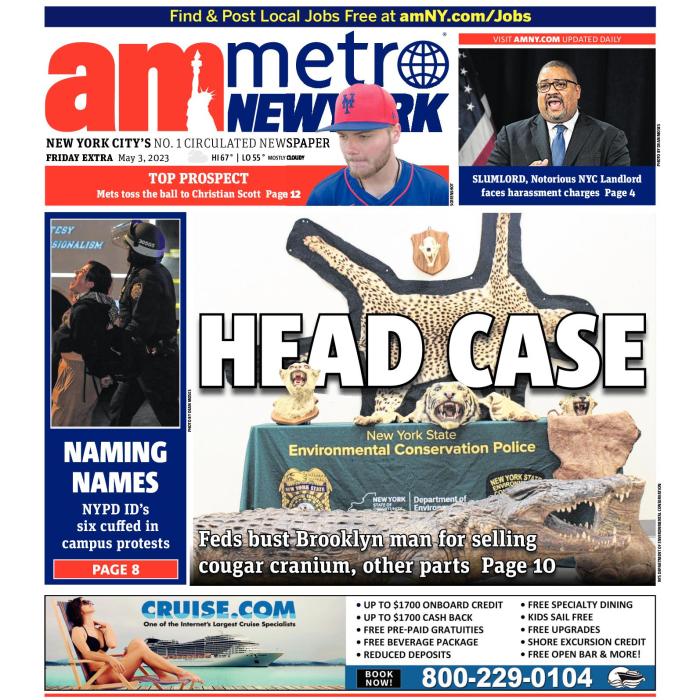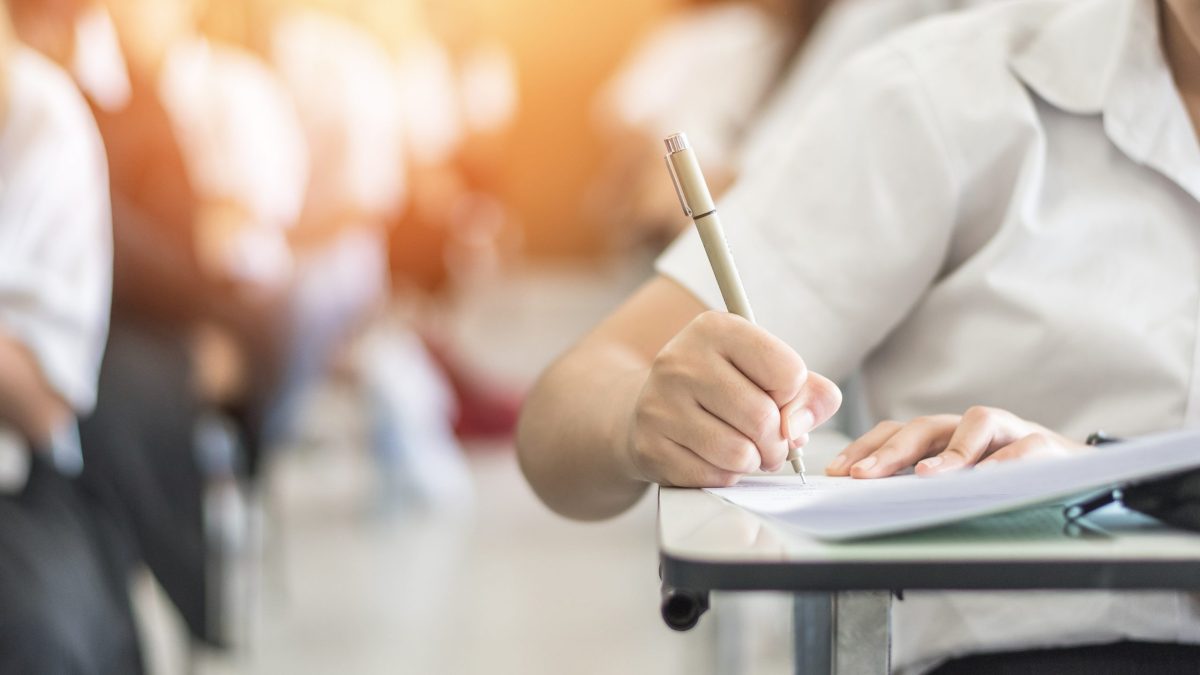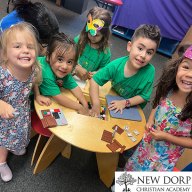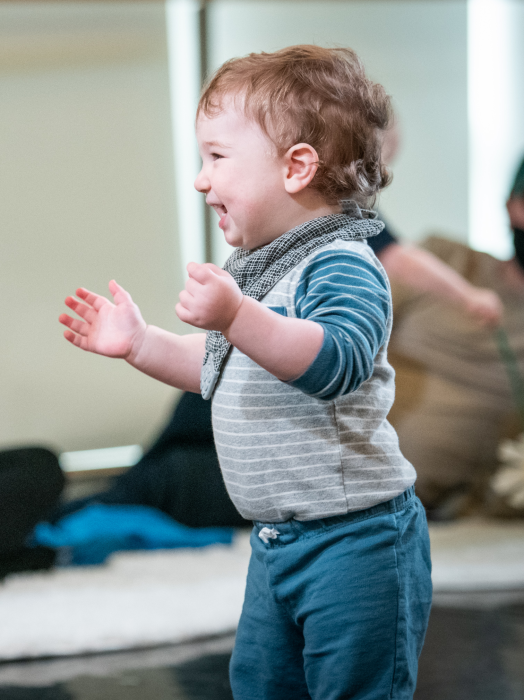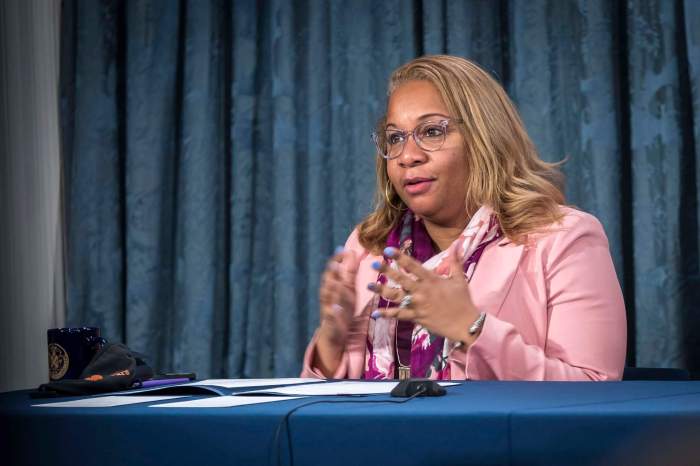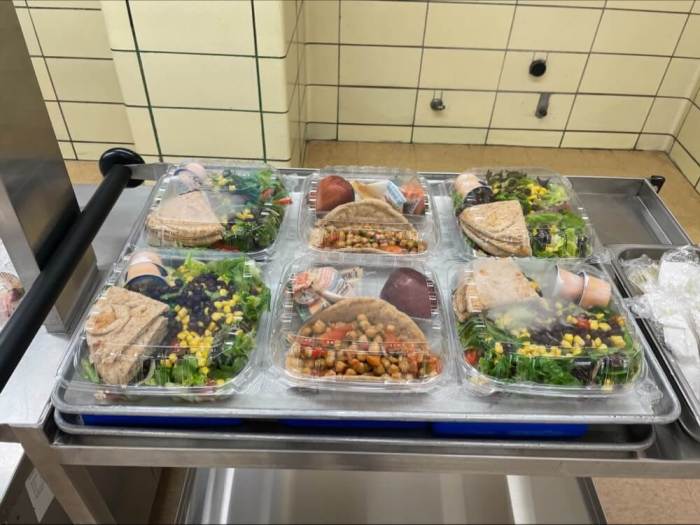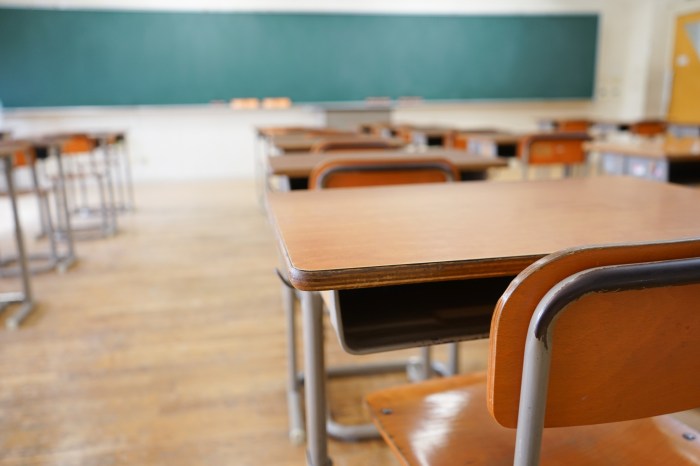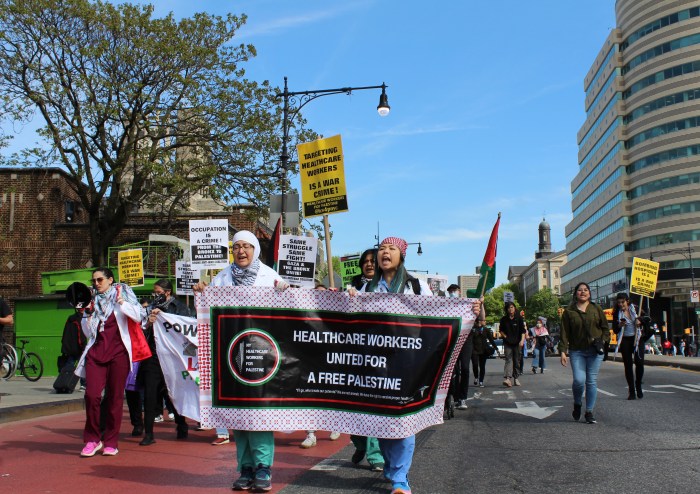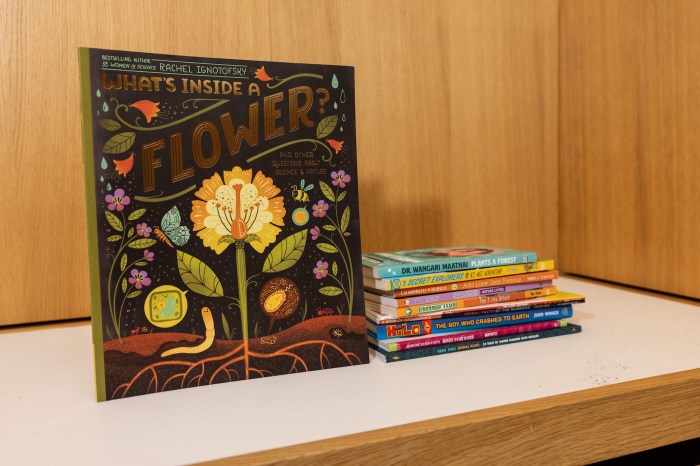Education advocates have some questions about Mayor Bill de Blasio and Schools Chancellor Meisha Ross Porter’s recently revealed $635 million academic recovery plan.
Last week, the mayor and chancellor announced the city would invest millions from federal stimulus funds in an academic recovery plan intended to address learning loss caused by the COVID-19 pandemic. The multi-pronged initiative includes purchasing $175,000 additional devices, implementing a new “universal mosaic curriculum” in 2023 and rolling out literacy screens for students in kindergarten through the second grade.
Some advocates applauded the City for finally releasing a few long-awaited details on the academic recovery plan which the mayor mentioned in his proposed 2022 city budget released in April. But some still hope that the city will eventually reveal more about the ambitious initiative.
Advocates for Children of New York, a nonprofit education advocacy group based in New York City, wants to makes sure that the new Mosaic curriculum is both culturally responsive and uses new and better ways to teach students how to read. According to the AFC, the current approach to reading instruction in public schools is failing to turn all students into strong readers. One example of this can be found in an AFC analysis released in May, which claims only 16.7% of Black fourth-graders and 18.1% of Latino fourth-graders scored at or above a proficient reading level on a National Assessment of Educational Progress test in 2019.
In addition, the nonprofit doesn’t want the City to solely screen students to determine where they are struggling in reading and instead would like the city to also provide targeted instructions.
The advocacy group is also hoping the city will release a plan for make-up special education services for students with disabilities soon and to create a plan for schools to offer academic and language enrichment to English language learners and immigrant students. The current academic recovery plan does not include funding does not mention funding for targeted tutoring or English language instruction for the students who are some of the students that struggled the most with their classes throughout the pandemic.
Another advocacy group, PLACE NYC, or Parent Leaders for Accelerated Curriculum and Education, are also demanding that the DOE release more details on the Mosaic curriculum, establish timelines for the initiatives’ goals and lay a series of success metrics so the City can be held accountable for the proposals promises.
“The Academic Recovery Plan is an unprecedented investment in academic achievement with an historic emphasis on reading curriculum and ensuring our students see themselves in their lessons and texts,” said DOE spokesperson Katie O’Hanlon in an email to amNewYork Metro. “This administration has made early literacy a key priority and we will continue to partner with stakeholders across the city to deepen our progress.”
Note: This story was updated on July 22, 2021 at 4:00 p.m. to reflect comment from the Department of Education.
